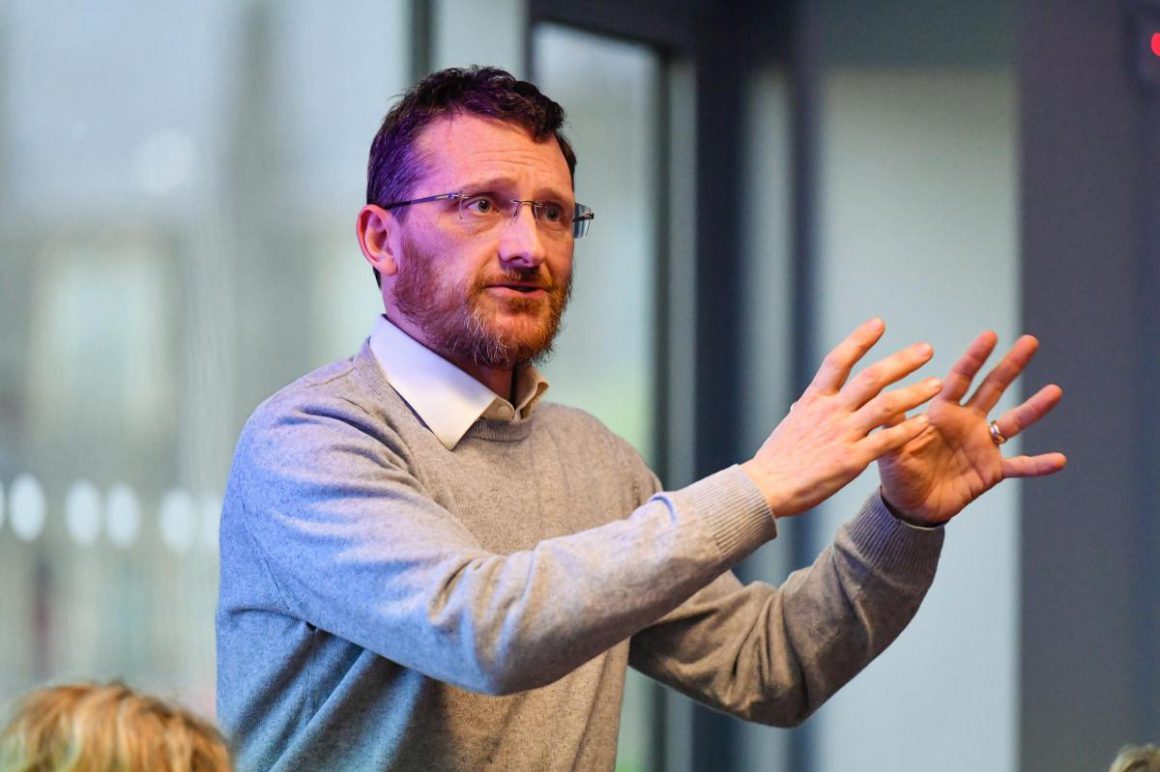


On 21 July 1972, 22 bombs planted by the Provisional IRA exploded over a ninety-minute period in Belfast. Nine people died and more than 100 were injured. The day became known as Bloody Friday.
The proposal to close fifteen libraries in the Belfast area has been met with strong opposition. Hazel Gilliland, who has been campaigning against the closures in Ballymacarrett told the The Socialist that, "the proposals would have a devastating effect.
By Gary Mulcahy
THE AFTERMATH of the recent killings of two soldiers at Massereene barracks in Antrim and of a PSNI officer in Lurgan in March has demonstrated the fragility of the peace process.
In recent years, the various dissident republican groups have made many attempts at killing a PSNI officer. Even with high levels of State infiltration, it was only a matter of time before one of the dissident groups succeeded. The original aim of killing a PSNI officer was to undermine attempts by Sinn Fein to encourage Catholics to join the PSNI. Hence, most of the early attacks were on Catholics who had joined the police. But the strategy of the dissidents has broadened further than just attempting to intimidate Catholics and stop them from supporting the police.
